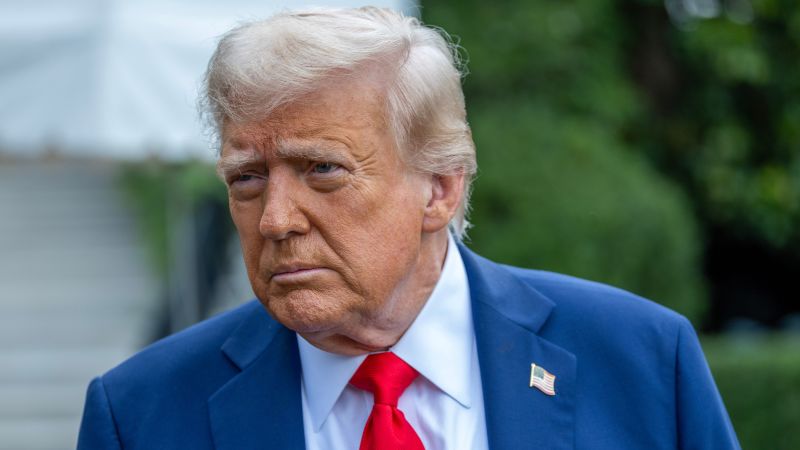President Donald Trump plans to designate the anti-fascism movement known as Antifa as a domestic terrorist organization within the coming days, as confirmed by White House Press Secretary Karoline Leavitt. This announcement marks a significant step in Trump’s ongoing efforts to address left-leaning political groups, a move highlighted during a press briefing on March 4, 2024.
Leavitt stated, “Antifa is going to be designated a domestic terrorist organization,” and indicated that Trump intends to sign an executive order “very soon.” She suggested the order could be issued as early as that day. This initiative follows Trump’s earlier announcement regarding Antifa’s designation, connecting it to his broader plan for addressing left-wing political entities after the assassination of conservative activist Charlie Kirk.
The practical implications of such a designation remain ambiguous. Antifa, short for anti-fascist, is characterized by a decentralized structure without a clear leadership hierarchy, which complicates potential government actions against it. Legal analysts have previously noted that similar attempts during Trump’s first term faced significant constitutional challenges.
Leavitt also criticized Democratic lawmakers, particularly those who voted against a resolution honoring Kirk, implying their alignment with what she termed a “radical fringe.” She stated, “We must continue to call this wickedness out. It’s the only way that our nation can heal.” Trump’s comments at Kirk’s funeral, where he expressed hatred towards his political opponents, have created some discord, particularly as Kirk’s widow, Erika Kirk, emphasized forgiveness for her husband’s killer and a message of love over hate.
Leavitt defended Trump’s remarks, asserting that “the president is authentically himself.” The announcement has raised concerns regarding the potential overreach of presidential authority, especially in terms of stifling dissent from left-wing activists. For instance, Trump previously suggested that members of the activist group Code Pink should face charges for their protests during his visits to public places.
In a social media post last week, Trump declared, “I am designating ANTIFA, A SICK, DANGEROUS, RADICAL LEFT DISASTER, AS A MAJOR TERRORIST ORGANIZATION,” and added that he would recommend investigations into those funding Antifa. Leavitt pointed out that bullets from the investigation into Kirk’s murder had anti-fascist messages, claiming they were indicative of violence associated with Antifa.
Historically, the term “antifa” has connections to anti-fascist movements that emerged during World War II and continued opposing extremist groups throughout Europe during the Cold War. As Trump moves forward with this designation, concerns persist regarding the implications for political dissent and the potential impact on civil liberties.
The administration’s focus on identifying funding sources for Antifa and other left-wing groups will likely be an ongoing aspect of this initiative. The announcement and its ramifications underscore the complex landscape of political activism and governmental response in contemporary America.
